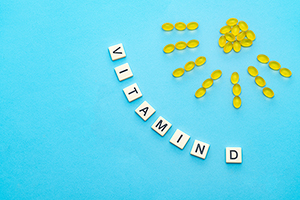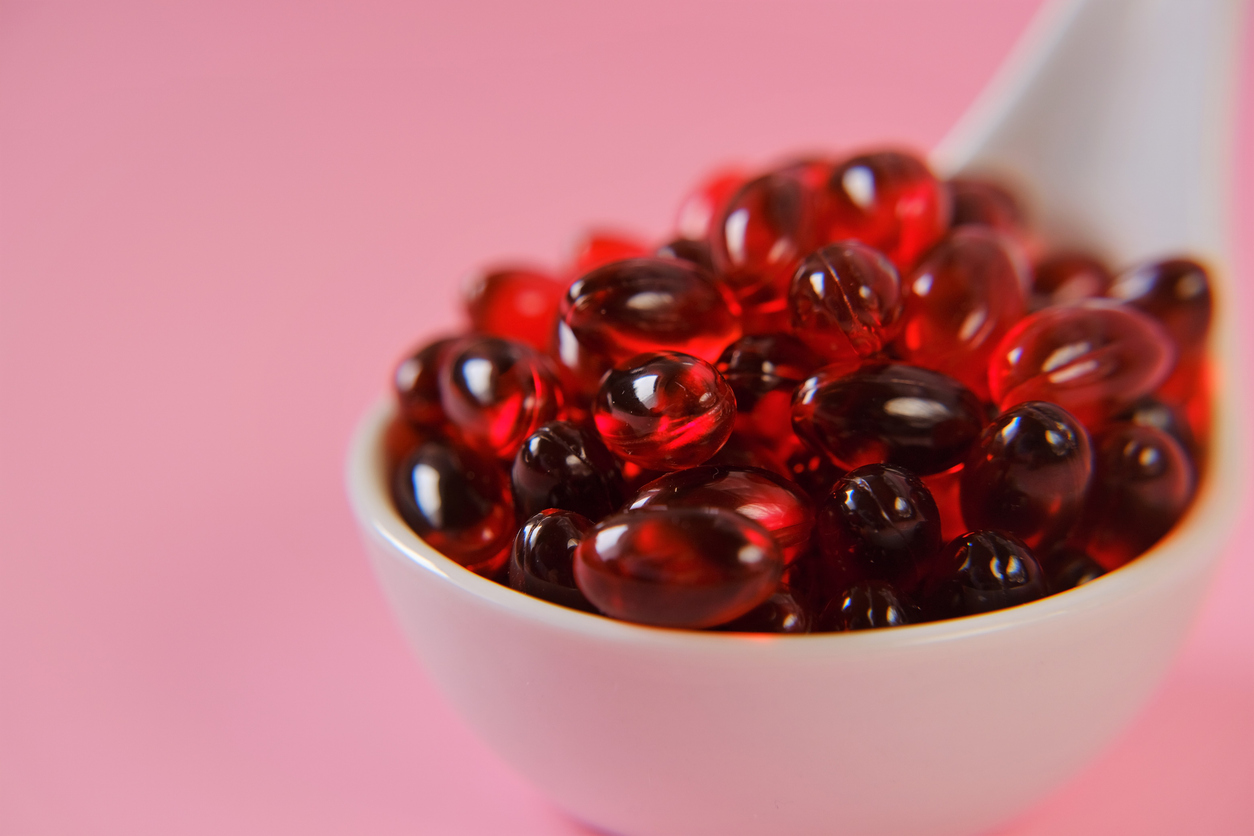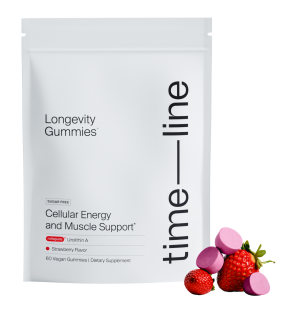Q: I’m a healthy 61-year-old female with an ongoing vitamin D deficiency. My doctor has given me 25,000 IU vitamin D per week over a 10-week period a few times over the last 18 months and my levels continue to remain low (in the 20s). What’s going on here?
A: There are two reasons based on your information why your levels may continue to be low.
First, taking 25,000 IU vitamin D weekly only measures up to an average of 3,570 IU per day. That’s not enough to help increase your serum levels. You would need at least 5,000 IU daily to make an impact. Some years ago, a study of Nebraskan men found that as much as 7,000 IU vitamin D3 was needed daily just to maintain serum levels over the winter.
Second, if your doctor is giving you vitamin D, it is likely a prescription for vitamin D2 (ergocalciferol) which is inferior to vitamin D3 (cholecalciferol) in optimizing your vitamin D status.
As a matter of fact, vitamin D2, which is plant-based, shouldn’t be used in fortification or supplementation according to an article on the American Journal of Clinical Nutrition. Essentially, vitamin D2 has a diminished ability to bind its metabolites to vitamin D binding protein in plasma. Hence, its inefficacy to raise 25-hydroxyvitamin D levels (the standard blood test to measure vitamin D).
Think about it this way: Sunshine and fish consumption provide D3, not D2. That’s the version of vitamin D we’re supposed to get.
There may be other reasons your vitamin D status remains low. You can read about them here.
To your health!
Leyla Muedin, MS, RD, CDN







